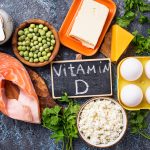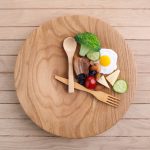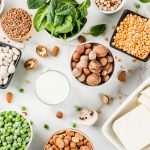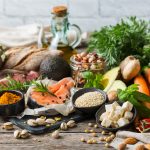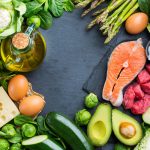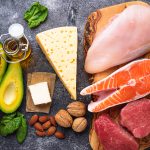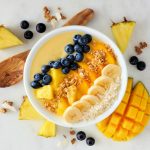Could a Vegan Diet Help You Sleep Better?
Posted by Jessica Penner
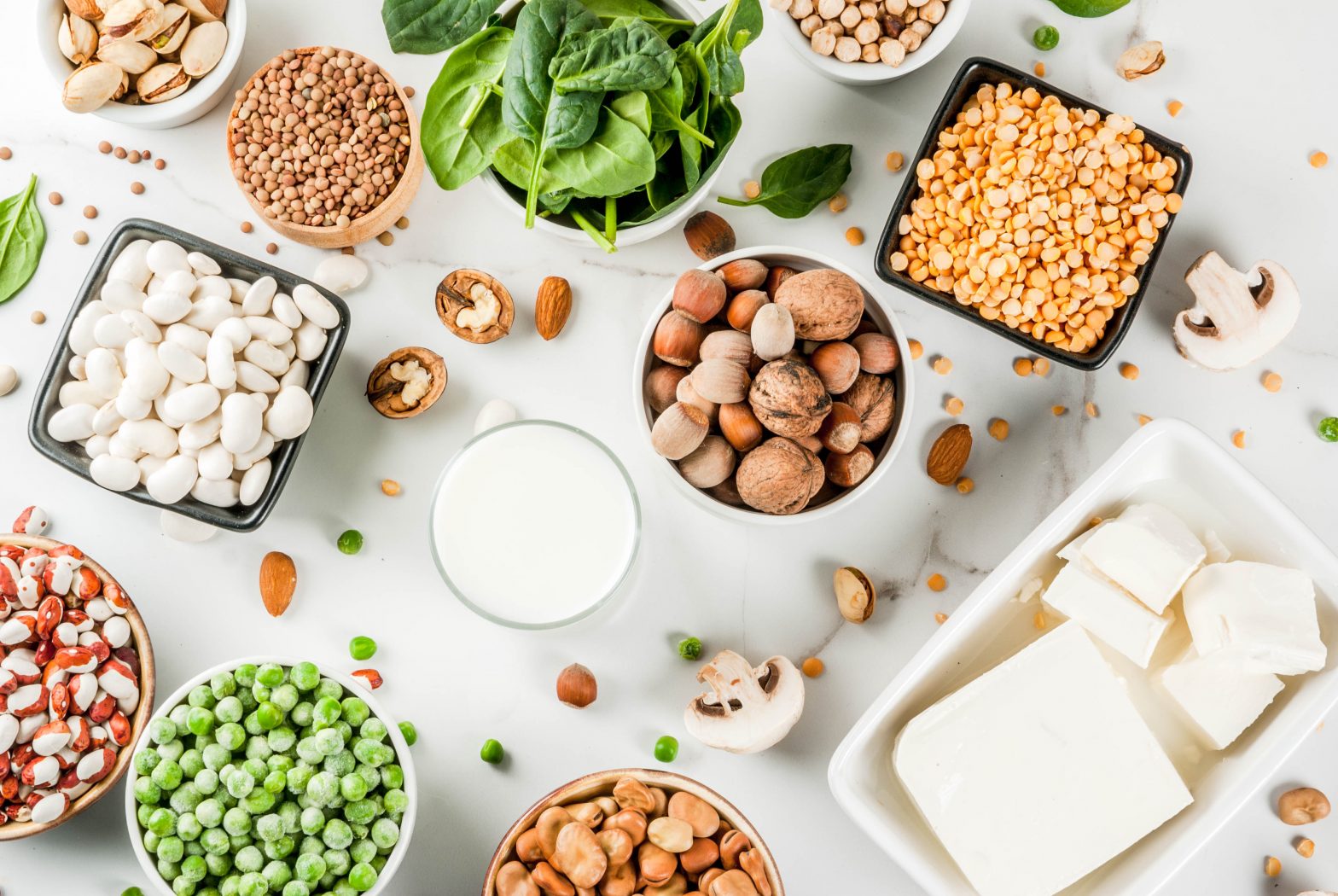
Veganism has been around since 500BCE so it’s certainly not a new idea, but recently it has been picking up steam. A 2018 survey by Dalhousie University estimates about 1% of Canadians are now eating vegan!
What is the vegan diet?
100% plant-based, this diet is filled with grains, legumes, nuts, seeds, fruits, and vegetables. Animal products such as meat, eggs, dairy, and honey are completely avoided.
Compare this to a vegetarian diet, which simply eliminates meat but includes food produced by animals such as milk and eggs.
How does it affect sleep apnea?
Unfortunately, research studies specifically looking at vegan diets and obstructive sleep apnea have not been conducted.
However, there are different ways in which adopting vegan diets may plausibly lead to improved sleep apnea.
First, diets rich in antioxidants can help improve sleep quality. Vegan diets are often rich in Vitamin E & C, which help prevent oxidative damage to the body. Additionally, vegan diets tend to be high in Vitamin B6, which the body uses to help make sleep-inducing brain chemicals (melatonin and serotonin).
Secondly, many people report losing weight when adopting a vegan diet. This is likely due to eating more fruits and veggies, more fibre, less ultra-processed food, and simply being more mindful of what food they’re using to fuel their body. Indirectly, if following a vegan diet helps with weight maintenance, it could also help with improving sleep performance. A 10% weight loss is known to greatly reduce apnea events.
How Do I Know if the Vegan Diet is Right for Me?
Many Canadians have the privilege of choosing what types of food they get to eat. Before diving into the vegan diet, explore these questions for yourself to see if it would be the right fit for you!
1) What is my motivation for eating vegan?
Each vegan has their own unique reason for wanting to eliminate animal products. Whether you are doing it for health reasons, concern for animal welfare, or for environmental reasons, it’s important to know your “why.”
2) Can I commit to taking key supplements?
There are a few essential nutrients that are difficult to meet with a vegan diet. Vitamin B12 needs to be taken as a supplement since it’s only found in animal food products. Food sources of iodine, omega 3 fatty acids, and calcium need to be carefully planned and included in the vegan diet, to prevent deficiencies.
3) Do I enjoy eating legumes and lots of vegetables?
While I encourage all humans to eat more legumes and veggies, they’re an absolute must on a plant-based diet! Legumes such as lentils, chickpeas, and peanuts complement the protein found in grain products. The body needs some of each type of protein to function correctly. Conversely, the proteins in eggs, meat, and dairy are considered more complete and don’t require other foods to fill in the protein gaps.
4) Am I prepared to bring my own food to parties and family gatherings?
When adopting a lifestyle diet, the general etiquette is to not expect hosts to cater to your food preferences. If you’re going to a BBQ, you will want to plan to bring your own plant-based burger to eat. When attending a potluck, you’ll want to plan a vegan dish that will act as a balanced meal, in case the rest of the potluck offerings contain animal products.
5) Is it important to me that I eat entirely plant-based?
This small study conducted on physicians found that a predominantly plant-based diet was associated with better sleep. This didn’t require total exclusion of animal products. If your motivation for going vegan is health-based, you may want to consider slowly swapping plant-based products in place of meat, rather than going “cold turkey.”
In this way, a “vegan-ish” diet that allows room for some occasional animal products is more flexible and easier to adopt, while it should still deliver the health and sleep benefits of a fully vegan diet.

